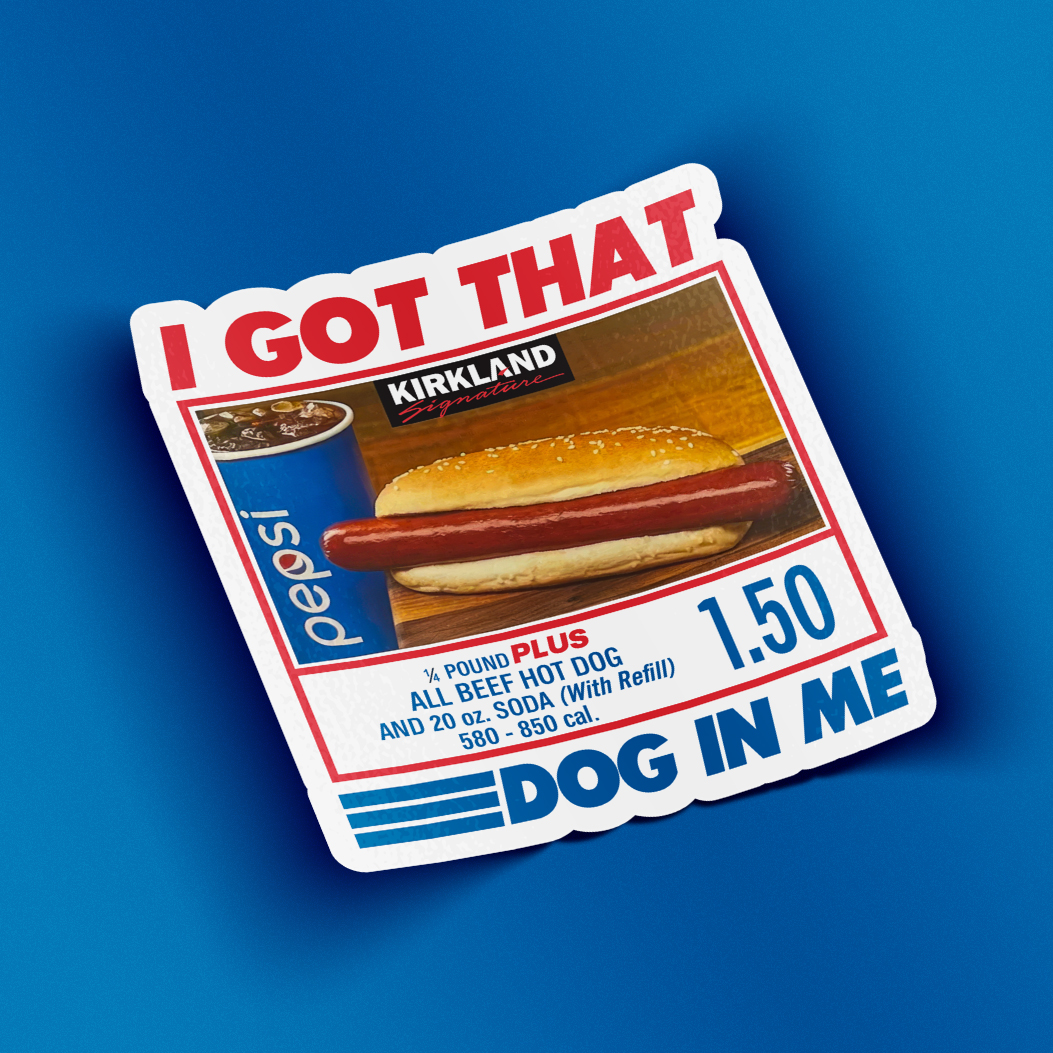Keith Levene, the innovative British guitarist who was a founder member of both The Clash and Public Image Ltd, has died at the age of 65. Levene, who had liver cancer, died at his home in Norfolk, leaving a lasting legacy of influence on British rock music.
His influence on the post-punk music scene was hailed by musicians as news of his death broke. Among his fans is Red Hot Chili Peppers guitarist John Frusciante, who once described his style as “spectacular”, saying “he explored the possibilities of what you can do with the guitar.”
Born and raised in Muswell Hill, north London, Keith Levene was one of the founders of the British punk-rock movement, although he was a fan of progressive rock bands in his teens and was even such a dedicated Yes follower that he briefly roadied for the group in the early 1970s. While he admired the virtuosity of guitarists like Yes’ Steve Howe, as he told Furious.com in 2001, “Once I got good enough to know the rules, I didn’t want to be like any other guitarist. I didn’t go out of my way to be different. I just had an ear for what was wrong. So if I did something that was wrong, i.e. made a mistake or did something that wasn’t in key, I was open-minded enough to listen to it again.”
Forming The Clash with guitarist Mick Jones and bassist Paul Simonon when he was only 18, it was Keith Levene, alongside the band’s manager, Bernard Rhodes, who asked Joe Strummer, frontman with the 101ers at the time, to join them. Luckily for the Clash, Strummer had just seen Sex Pistols play at the Nashville Rooms in London and had become convinced that punk was the way forward.
Levene remained in the Clash long enough to appear in early gigs and to contribute to songs, including “What’s My Name” on their 1977 debut album. However, he grew apart from the Clash’s increasingly political direction and went on to greater success with PiL.
When the Sex Pistols disbanded in January 1978, singer John Lydon (previously known as Johnny Rotten) and Levene formed the new band with bass player John Wardle (known as Jah Wobble). “John made a wise choice getting Keith,” Wobble said in 2012.
Their first album, Public Image: First Issue, reached No 22 in 1978 and was preceded by the classic single “Public Image,” which reached the Top 10. Their second album, 1979’s Metal Box, is regarded as a post-punk classic. Packaged in the U.K. in a metal tin box resembling a film canister, the album was pressed onto three 12” singles, making for such a loud bass sound that it could causes turntable styluses to jump from the vibrations. With songs like “Poptones,” “Careering,” “The Suit” and “Graveyard” (a song that, in characteristically contrarian fashion, the group included as an instrumental on the album while releasing the version with Lydon’s vocals as a B-side titled “Another”), the album set a new standard for where post-punk could go.
With various drummers, the early iteration of PiL took inventive new forms of post-punk, dub, freeform jazz and classical music into the Top 20 with singles such as “Death Disco,” “Flowers Of Romance” and “This Is Not A Love Song.”
Levene said in 2012: “People thought I was classically trained, which was bollocks. I knew the E chord, and ventured into E minor. We laid the music out on a plate for Lydon. He was very hip at the time and did really good work.” He played most of the instruments on 1981’s The Flowers Of Romance, which was his last officially-released work with PiL. The group rallied to record a fourth album but Levene left during the sessions; the resulting album, 1983’s This Is What You Want, This Is What You Get features many songs co-written by him but none of his playing, although a quasi-legal album of early recordings of the songs that do feature him called Commercial Zone has long been available.
Levene kept a low profile in the following period, but relocated to Los Angeles and fell in with the music community there. He re-emerged in 1987 with the ‘Violent Opposition’ EP — featuring members of the Chili Peppers and other young L.A. bands like Fishbone and Thelonious Monster — and produced demos for the Chili Peppers’ third album, The Uplift Mofo Party Plan (ironically, that group’s debut album was produced by Gang of Four’s Andy Gill, who played in a style very similar to Levene’s).
He continued to work and release a series of solo albums over the following years, including a reunion with Wobble during the 2010s. He issued an autobiography called I Was a Teen Guitarist for the Clash in 2015 that was apparently also a documentary film; the Guardian reported that he in recent years he had been working on a history of Public Image Ltd. with writer Adam Hammond.
Paying tribute on Twitter, former PiL drummer Martin Atkins wrote: “A sad time to learn of the passing of guitar giant Keith Levene. We had our ups and downs that had mellowed over time. My respect for his unique talent never will.”


